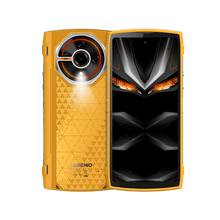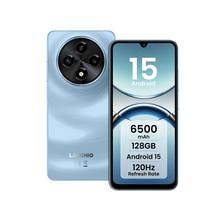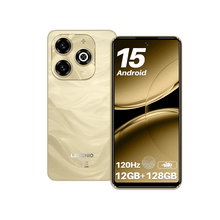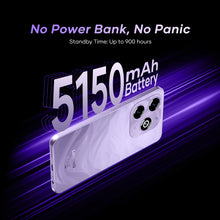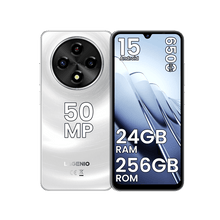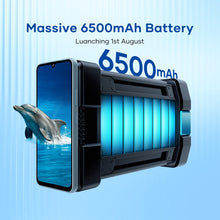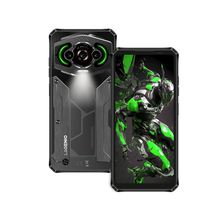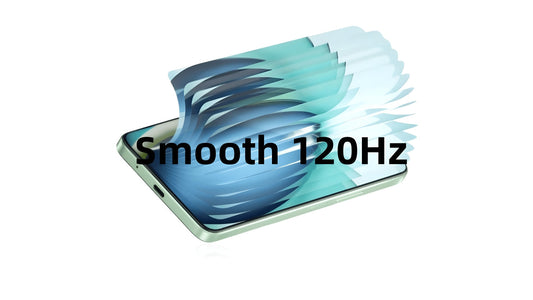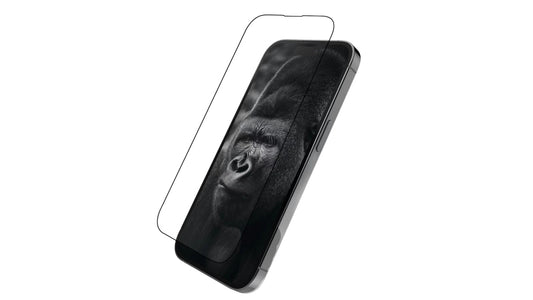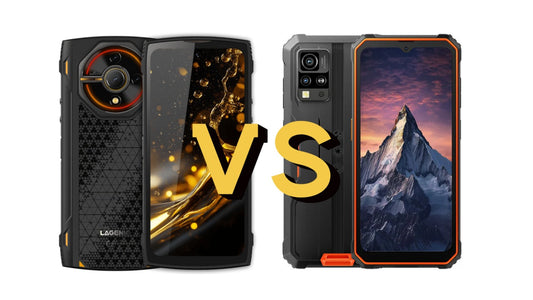IP Ratings Explained: Will Your Phone Survive Summer?
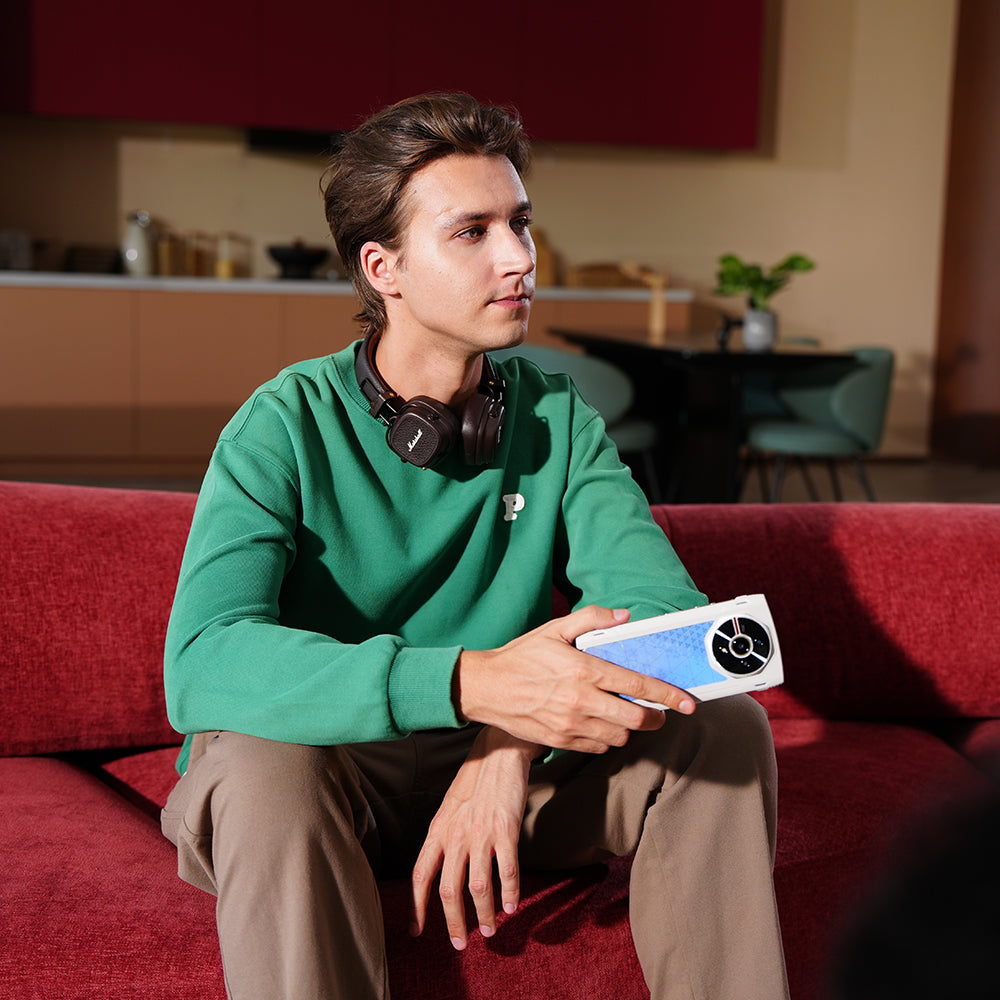
Sun, sand, sunscreen, pool water, sudden rainstorms—summer is basically a stress-test for electronics. That’s why every spec sheet now flashes an IP rating (“Ingress Protection”). But what do those cryptic numbers actually guarantee, and where does marketing hype end? Let’s decode the standard, then see how today’s budget and rugged phones—including LAGENIO models—stack up.
The Two-Digit Code, Decoded

IP ratings come from the International Electrotechnical Commission and have been the global yardstick since the 1970s WIRED:
- First digit (0–6) = dust protection. A 6 means the device is “dust-tight.”
-
Second digit (0–9 or 9K) = water protection.
- 7 handles 1 m submersion for 30 min.
- 8 is tested beyond 1 m (most brands quote 1.5–6 m for 30 min).
- 9K adds high-pressure, high-temperature water jets—think pressure-washer abuse.
If you ever see IPX8, the X just means the gadget wasn’t dust-tested; it says nothing about water proofing. Full details live on the IEC site.
Why Summer Is the Ultimate IP Test

- Pool chlorination & saltwater are harsher than the fresh water used in lab tests.
- Fine sand sneaks into charging ports and speaker grills; only a “6” dust score truly blocks it.
- Thermal shock (hot deck → cold pool) can warp seals faster than lab conditions anticipate.
- Sunscreen & DEET are chemical nightmares for gaskets.
Translation: an IP68-rated flagship can absolutely survive an accidental dunk, but repeated beach dips or high-pressure hose-downs are another story.
Where LAGENIO Phones Fit In
Panther-series rugged models are rated IP68/IP69K and MIL-STD-810H, yet stay a svelte 11.3 mm. They shrug off dust, 1.5 m submersion, and even pressure-washer blasts—perfect for trail hikes or boat decks.
A-series everyday phones are splash-resistant (great for spilled iced coffee) but not meant for underwater selfies. Treat them like you would any “standard” IP52–IP54 device.
Quick Decision Guide
| Typical summer scenario | Minimum rating to look for | LAGENIO match |
|---|---|---|
| Poolside lounging, occasional splash | IP67 | A11 / A12 |
| Beach days, dusty music festivals | IP68 | Panther2 |
| Jet-ski, pressure-washer clean-ups | IP69K | Panther2 PRO |
Bottom Line
IP codes aren’t marketing fluff—they’re lab-proven promises. Still, real life can be harsher than any test, so a little care goes a long way. If your summer plans involve more than sunbathing, consider gear that’s built for punishment.



